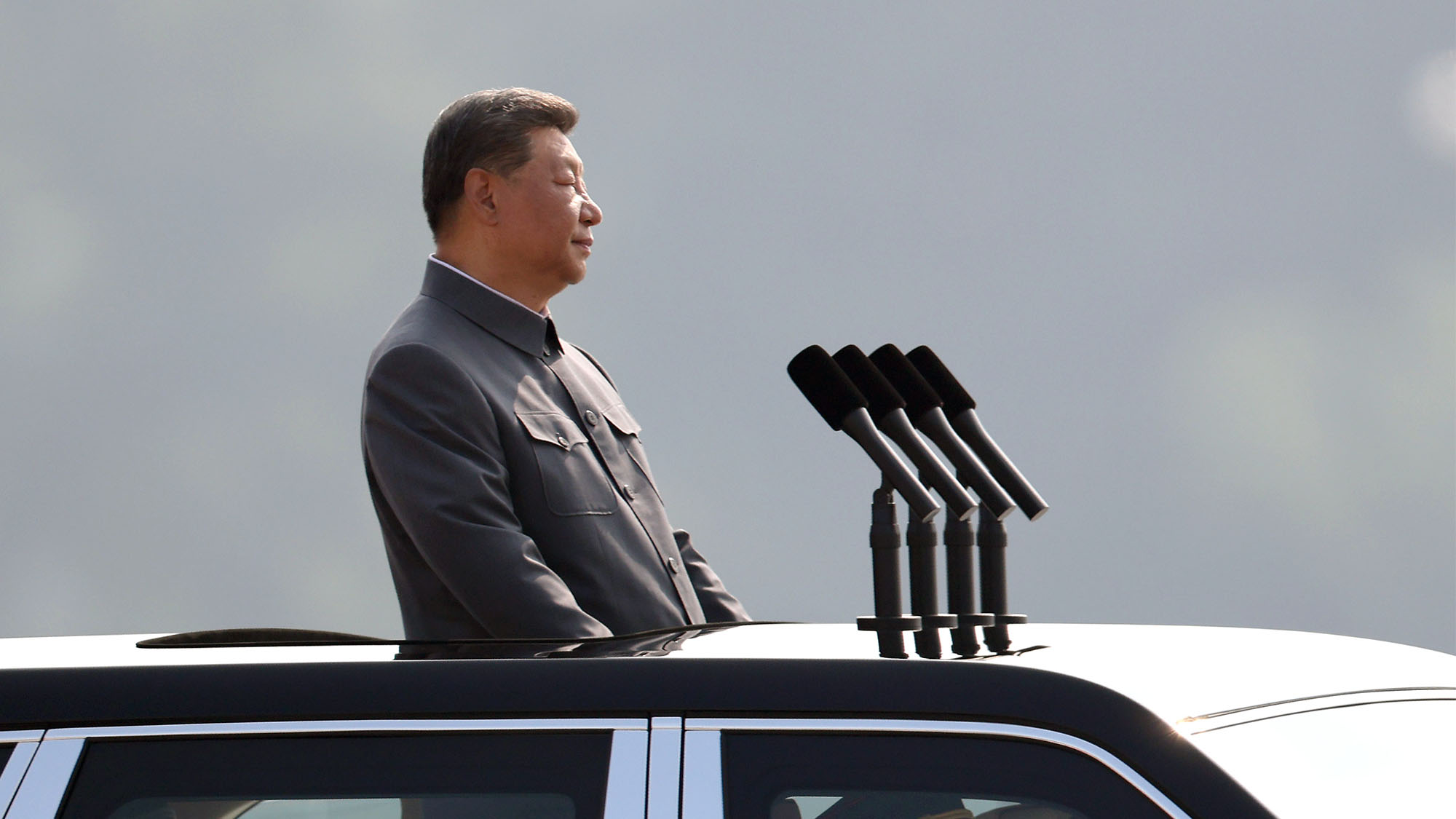A year of fallout from bin Laden raid
“The passage of a year might have dulled the pain,” but “the anger and bitter feelings continue to rankle.”
“The passage of a year might have dulled the pain,” said Momin Iftikhar in The Nation (Pakistan), but “the anger and bitter feelings continue to rankle.” When U.S. Navy SEALs violated Pakistani territory to swoop in on a compound in Abbottabad and kill Osama bin Laden, Pakistan’s “sense of pride and patriotism” took a crushing blow. It was the second time in a matter of months that the U.S. had “walked roughshod” over Pakistani sovereignty. In January 2011, CIA contractor Raymond Davis murdered two people on the streets of Lahore, and he was “just one among a large contingent of U.S. intelligence operators who had, in an unauthorized and surreptitious manner, saturated the Pakistani landscape to run clandestine spy networks.” Nor was the bin Laden raid the last such event. Last November, U.S. forces launched an “inexplicable” attack on a Pakistani outpost, killing 24 soldiers. No wonder anti-Americanism is now “widespread and entrenched.”
This anti-Americanism is bin Laden’s triumph, said Hamid Mir in The News International. As the first Pakistani journalist to meet bin Laden and the last journalist to interview him, seven weeks after 9/11, I know what he wanted: to inflame the youths of Pakistan with hatred of America, to drive them to seek martyrdom. That dream is now coming true. The more Pakistanis the U.S. kills with its drone attacks and insulting violations of sovereignty, the more angry youths are available to be radicalized by al Qaida’s ideology. “If the U.S. and its allies want to prevent al Qaida attacks in future, they must throw their bad policies into the sea,” just as they dumped bin Laden’s body.
Nearly as bad as the violations has been the American attitude, said Sajjad Shaukat in the Peshawar Frontier Post. After the Abbottabad raid, U.S. officials suddenly forgot “all the sacrifices of Pakistan’s armed forces, which broke the backbone of the Taliban militants.” They ignored the arrests by our intelligence service, the ISI, of terrorists such as 9/11 mastermind Khalid Sheikh Mohammed. The Americans acted as if Osama’s presence in Abbottabad was somehow damning evidence of Pakistani complicity with al Qaida. How could the Pakistani military not have known that bin Laden was living for years near a military academy? they asked. One could ask the same thing about the world’s greatest intelligence service, with the vastest resources on the planet—how could the CIA not have known of 9/11? If we are to accept that the CIA was taken by surprise, why can’t the U.S. accept that the ISI was similarly duped?
The Week
Escape your echo chamber. Get the facts behind the news, plus analysis from multiple perspectives.

Sign up for The Week's Free Newsletters
From our morning news briefing to a weekly Good News Newsletter, get the best of The Week delivered directly to your inbox.
From our morning news briefing to a weekly Good News Newsletter, get the best of The Week delivered directly to your inbox.
An apology could go a long way toward mending this broken relationship, said the Khaleej Times (United Arab Emirates) in an editorial. The U.S. doesn’t have to apologize for violating Pakistani sovereignty to take out bin Laden, of course. But why can’t it “say sorry” for killing the Pakistani soldiers last November? As the U.S. tries to extricate its forces from Afghanistan, it will need Pakistani cooperation. Stubbornness is a luxury it can’t afford.
A free daily email with the biggest news stories of the day – and the best features from TheWeek.com
-
 The Beckhams: the feud dividing Britain
The Beckhams: the feud dividing BritainIn the Spotlight ‘Civil war’ between the Beckhams and their estranged son ‘resonates’ with families across the country
-
 Quiz of The Week: 24 – 30 January
Quiz of The Week: 24 – 30 JanuaryQuiz Have you been paying attention to The Week’s news?
-
 The Week Unwrapped: Why is China clearing out its generals?
The Week Unwrapped: Why is China clearing out its generals?Podcast Plus, can the Conservatives win back the centre? And what’s gone wrong with Britain’s hearing aids?
-
No equipment for Afghanistan
feature The U.S. has reportedly decided to hand over to Pakistan some $7 billion worth of American military hardware currently in Afghanistan.
-
How they see us: Crudely insulting our allies
feature Well, at least we know now what the Americans really think of us.
-
Spied-upon Germans are not mollified
feature In the wake of revelations last year about the NSA's spying activities, relations between Germany and the U.S. have been at an all-time low.
-
Is a deal with the U.S. in Iran’s interest?
feature The “unprecedented enthusiasm” of Western diplomats after the talks in Geneva suggests they received unexpected concessions from the Iranians.
-
How they see us: Sowing chaos in Libya
feature The kidnapping of Abu Anas al-Libi is an outrage committed against Libyan sovereignty—and it will have repercussions.
-
Europe is complicit in spying
feature It’s not just the Americans who have developed a gigantic spying apparatus.
-
Protecting Snowden
feature American whistle-blower Edward Snowden has proved a master spy with his “meticulously timed operation.”
-
Listening in on Europeans
feature Europeans are apoplectic over the U.S. National Security Agency's massive PRISM surveillance program.